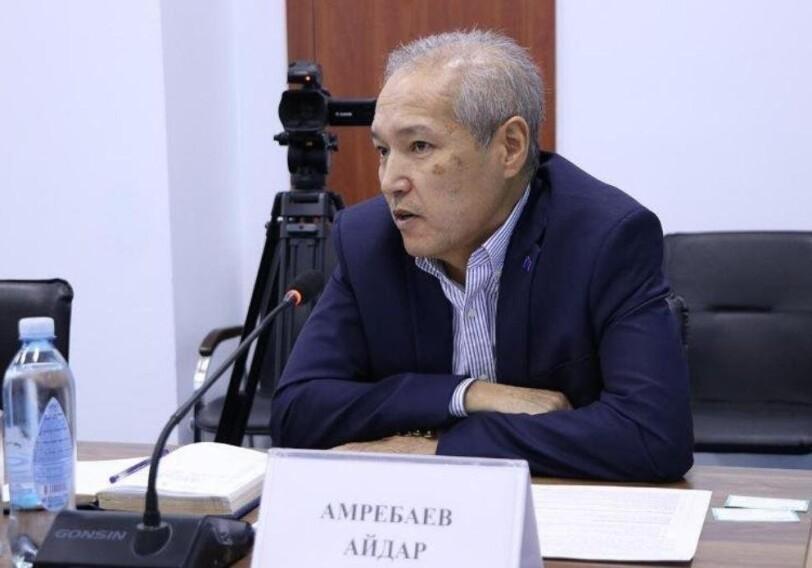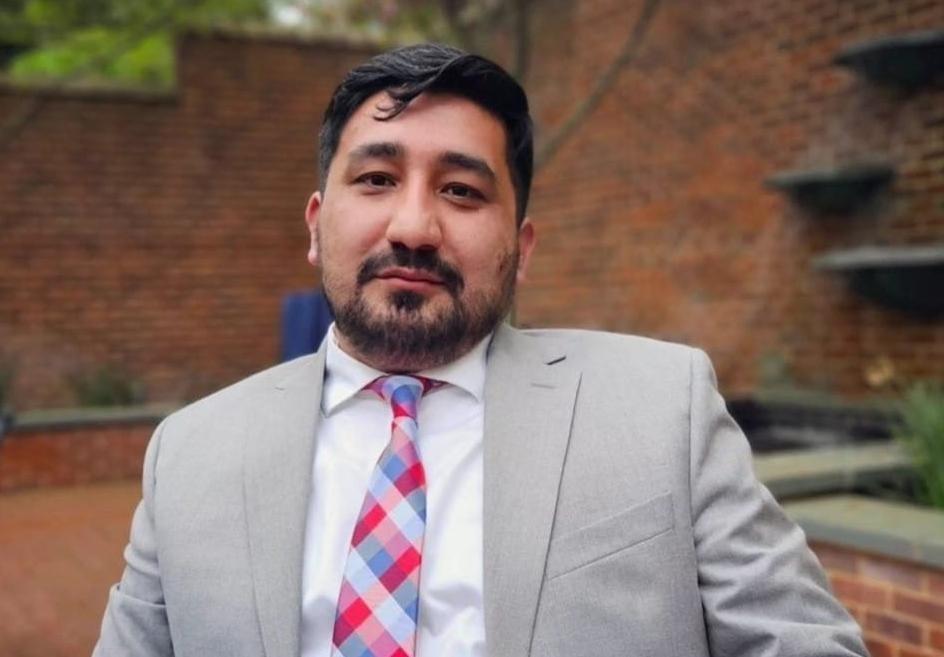Cooperation on both sides of the Caspian Sea Energy, logistics, investments
As previously reported, the Summit of Heads of State and Government of the member states of the UN Special Program for the Economies of Central Asia - SPECA - was held at the Heydar Aliyev Center in Baku on November 24. In his speech to the participants of the summit, Azerbaijani President Ilham Aliyev noted that holding this event will open the way to a wider format of economic cooperation.
It should be noted that the expert community in the Central Asian countries highly assesses the potential of cooperation within SPECA, assigning an important role to Azerbaijan.

As Kazakh political scientist, director of the Center for Political Studies Aidar Amrebayev noted in a conversation with Caliber.Az, Astana today pursues a proactive foreign policy aimed not only at strengthening its international image, but mainly at creating favourable external conditions for the development of its economy.
“It is clear that in the context of the actual slowdown of the Eurasian project due to the sanctions regime against Russia and its international isolation, Kazakhstan is striving to diversify its foreign economic guidelines and fit into current trends in international cooperation. Such a trend is the SPECA initiative of ‘global benchmark connectivity.’
In this context, our country is an active participant in the Chinese Belt and Road Initiative with a good backlog of projects already implemented over 10 years, including modernized transport and logistics infrastructure within the framework of this initiative together with the Chinese side.
Today, good prospects have opened up in the western vector of Kazakhstan’s foreign policy associated with the policy of ‘neo-isolationism’ of the Russian Federation, which, in fact, on its own initiative turned away from the West. Kazakhstan as a Eurasian country is gradually striving to develop this niche,” the political scientist noted.
According to him, this has become especially noticeable recently, when the European Union countries with special attention consider Kazakhstan as a relevant international hub between the West and the East. In this logic, Astana's cooperation is also expanding, for example, within the framework of the EU's Global Gateway project.
"I think that SPECA belongs to the category of global projects designed to link relevant international markets into a single network of sustainable development. And Kazakhstan in this respect contributes to the realization of this goal, understanding its importance.
I would also note that the forum is a landmark step towards strengthening the independence and international subjectivity of both the Central Asian region and other regions of the post-Soviet space, primarily Azerbaijan, in whose capital this meeting was held.
It is clear that this UN program promotes the interconnectedness and coordination of current international development projects, such as the Belt and Road and the Global Gateway, linking the affluent markets of China and Europe, and gives new impetus to the dynamic economic development of the region as a whole.
I believe that the creation of the SPECA Multi-partner Trust Fund and the initiative of the ‘road map’ for connecting international transport corridors speaks not only of the seriousness of the intentions of states, but also of the practical implementation of the concept of Greater Central Asia as a developed, open and promising market for international cooperation.
In conditions of international turbulence, this project is undoubtedly a stabilizing factor in development, a kind of economic basis for a new configuration of forces and players in Eurasia. I would also like to note that this process is being carried out through the efforts of such large and mutually complementary countries as Azerbaijan, Kazakhstan and Uzbekistan,” Amrebayev noted.

At the same time, according to the Uzbek international political scientist Rafael Sattarov, Azerbaijan is acting wisely by involving the countries of Central Asia in the projects of the South Caucasus region, and the countries of Central Asia - Azerbaijan in their projects. Thus, a certain new reality is being formed, in contrast to the state of affairs in the 2000s, when the trade dynamics of the countries of the South Caucasus and Central Asian countries was noticeably lower.
"Cooperation has been established very closely, I am not talking specifically about Uzbekistan, where ties with Baku are considered strategic. In recent years, Azerbaijan has repeatedly strengthened its economic contacts with Central Asian countries, so when people in Central Asia talk about cooperation with neighbouring countries, Azerbaijan is meant by default. I am saying this without exaggeration - Azerbaijan has already occupied its irreplaceable niche with us.
Such joint summits with international structures such as SPECA undoubtedly show the growing connection between Azerbaijan and Central Asian states, and it is clear that there are still many areas where our countries could increase mutual turnover," Sattarov said.

Kyrgyz political scientist and candidate of political sciences Umar Mutaliyev believes that such meetings of leaders of two major regions, as at the SPECA summit in Baku, form right now a completely different roadmap for the development of Eurasia, radically changing the entire existing geopolitics.
"In this sense, Kyrgyzstan finds itself in the most difficult position, because we have many spheres of economy dependent on cooperation with Russia. Moscow, without exaggeration, is shaping its agenda, and Bishkek often has to do a lot of things with the Kremlin in its decisions. However, I see such platforms as SPECA as a kind of opportunity for Bishkek to build its system of powerful independent ties with the South Caucasus and through it with Europe, without breaking ties with Russia.
Recently, the Central Asian countries have faced a serious choice, because in connection with the sanction’s situation, the U.S. and the EU have started to put pressure on us, almost demanding to sever or seriously limit economic and political ties with Russia.
However, now the situation has reached a certain stage of compromise solutions, when it is clear that it is impossible to simply break the systems of existing ties and instead build new ones in a few months. And such projects as SPECA, of course, create a whole range of new opportunities for our country. By developing its transport and logistics structure within the framework of the Trans-Caspian Corridor, Kyrgyzstan, in addition to acquiring new opportunities and connections, gains new significance in its region, becomes an important participant in international transit, where Europe is at one pole and China and East Asia at the other.
No matter what they say now about political trends in the world, SPECA projects form the globalization of Eurasia's relations, unite the most different countries into a single space, and Bishkek is very interested in this. If not so long ago Central Asia as a region was isolated from European logistics and infrastructure in a certain sense, now there is an opportunity to join this new space, establishing ties on the other side of the Caspian Sea with the leader of the South Caucasus - Azerbaijan, with Turkey and Europe,” Mutaliyev said.








